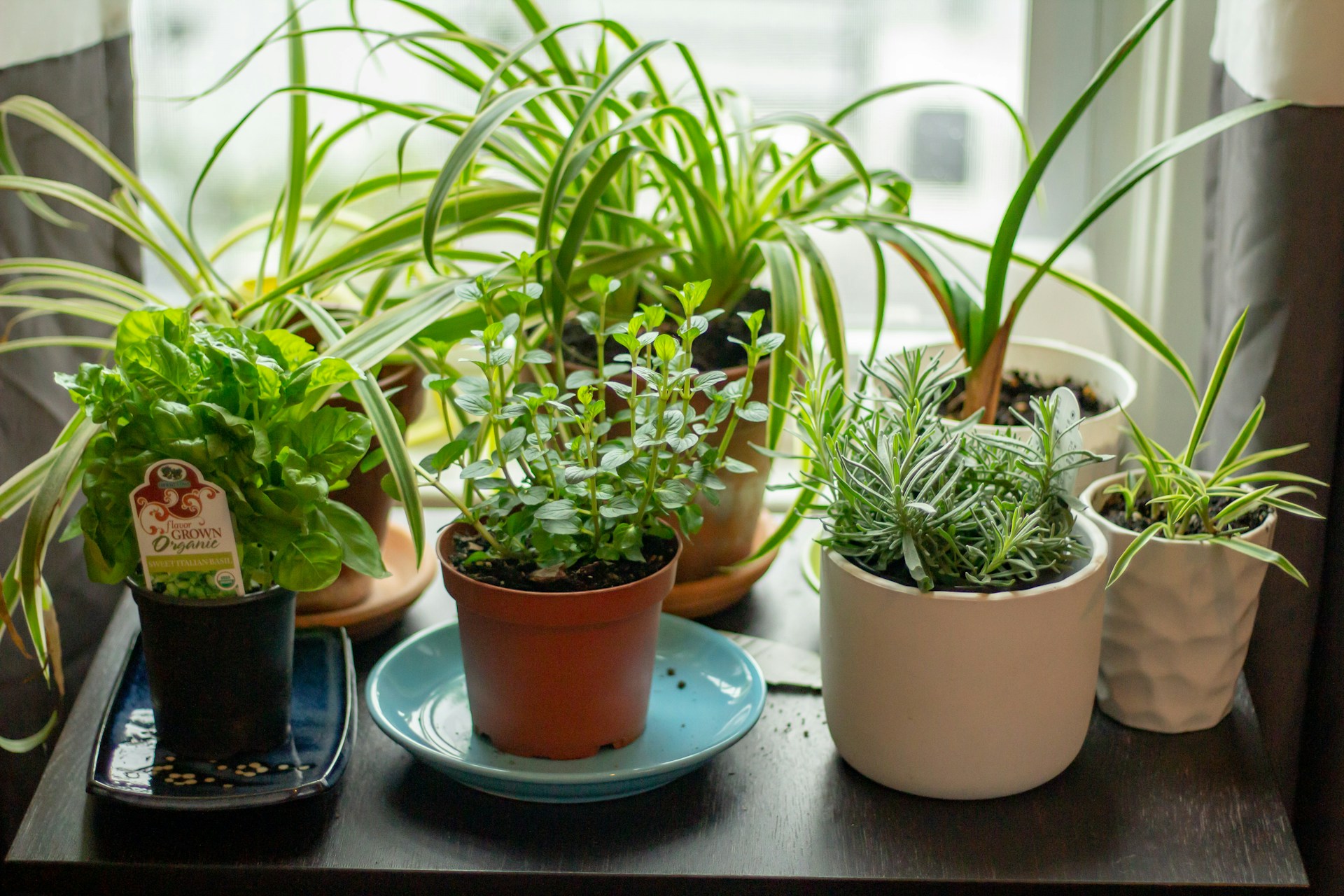Have you ever paused to think about how letting go of skepticism towards spirituality could positively impact your mental health? Often, we dismiss spiritual practices as something mystical or overly sentimental without truly understanding their potential benefits.
Today, I’ll dive into how embracing a spiritual perspective might just be the secret ingredient to a healthier, more balanced mind.
Understanding Spirituality
Spirituality is a broad term that encompasses various beliefs and practices aimed at achieving a deeper sense of connection, purpose, and understanding—beyond the physical and material aspects of life. For some, spirituality is tied to religion and tradition, while for others, it’s more about personal growth and connection to the environment or universe.
Skepticism often arises from the belief that spiritual claims aren’t grounded in reality or science, but what if we considered the possibility that spirituality could coexist with a scientific worldview? Exploring this notion might open up new avenues for personal development and wellbeing.
The Psychological Benefits of Spiritual Practices
Research has consistently highlighted the mental health benefits associated with regular spiritual practices. Meditation, for example, has been shown to decrease stress and enhance overall emotional health. Similarly, prayer and spiritual rituals can provide a sense of stability and hope, which are crucial during tough times.
These practices often encourage mindfulness and living in the present, reducing worries about the past or anxiety about the future. By focusing on the now, many find a rare kind of tranquility that’s hard to achieve through other means.
How Letting Go of Skepticism Opens New Mental Health Tools
Embracing spirituality requires an open mind—a willingness to explore beyond the conventional. Skepticism, while healthy in some aspects, can sometimes limit our experiences and close off avenues that could potentially be beneficial.
Letting go of this skepticism doesn’t mean abandoning logic or critical thinking; rather, it involves a softer approach where you allow yourself the freedom to explore spiritual practices and their potential benefits without immediate judgment.
This openness can lead to discovering new coping mechanisms that might be more effective for certain individuals than traditional psychological approaches.
Spirituality and Identity
Exploring spirituality can be an illuminating journey toward understanding what truly resonates with you at a core level. It’s about more than just adopting a set of beliefs; it’s about discovering a path that aligns with your personal values and life vision.
This journey often leads to greater self-awareness and can enhance your sense of identity. In my own exploration, I’ve found that understanding my spiritual beliefs has given me a clearer sense of purpose and direction, which in turn has positively impacted my mental health by providing clarity and peace of mind.
Spirituality Without Dogma: Embracing Personal Beliefs
One of the beauties of spirituality is that it doesn’t have to be tethered to rigid doctrines. If traditional religious practices don’t quite suit you, there are countless other ways to cultivate a spiritual life that feels genuine and personally enriching.
It’s all about finding what feels right for you—maybe it’s yoga, mindfulness, or spending time in nature. The key is to allow yourself to explore and connect with these practices without the pressure of conforming to pre-established rules. This approach not only enhances personal freedom but also respects your unique psychological makeup.
Practical Steps to Explore Spirituality Mindfully
If you’re new to spirituality or looking to deepen your practice without feeling overwhelmed, consider starting with small, manageable steps. Begin with meditation; even a few minutes a day can make a difference. You might also try attending various workshops or talks to see what resonates with you.
Another great step is to simply spend more time in nature—sometimes, a quiet walk in the woods can be as spiritually fulfilling as any formal practice. Remember, the goal is to add to your life, not to complicate it. Keep it simple and let your spiritual practice grow naturally.
By letting go of skepticism and opening up to the possibilities of spirituality, you might find powerful new tools to enhance your mental wellbeing. It’s not about blind acceptance but about giving yourself the opportunity to explore different perspectives and practices that could offer support and solace in ways you might not have considered before.
Whether you’re looking for peace, purpose, or simply a new method to handle life’s challenges, spirituality can offer a path worth exploring.
















